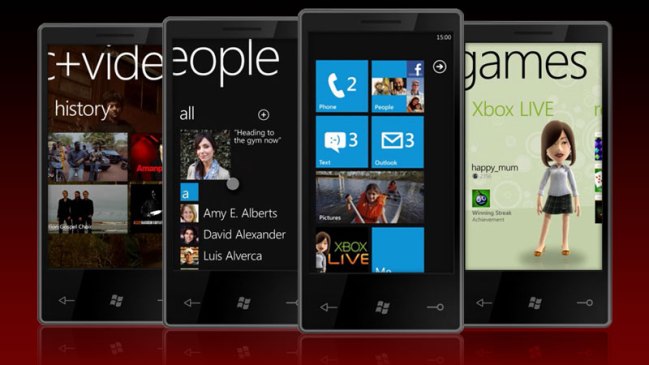 Microsoft has admitted that Windows Phone 7, like Android and iOS, does track user locations if they turn their GPS on. However, just like its competitors, the platform maker does not store identifying information. Microsoft and apps can find out your location, but they do it anonymously. Like Apple, the company issued a FAQ blog post about the subject.
Microsoft has admitted that Windows Phone 7, like Android and iOS, does track user locations if they turn their GPS on. However, just like its competitors, the platform maker does not store identifying information. Microsoft and apps can find out your location, but they do it anonymously. Like Apple, the company issued a FAQ blog post about the subject.
“When you allow an application or game to access your device’s location, the application or game will connect to Microsoft’s location services and request the approximate location of the device,” writes Microsoft. “The location service will respond by providing the application or game with the location coordinates of the user’s device (when available), which the application or game can then use to enrich the user experience.”
“To provide location services, Microsoft assembles and maintains a database that records the location of certain mobile cell towers and Wi-Fi access points. These data points are used to calculate and provide an approximate location of the user’s device by comparing the Wi-Fi access points and cell towers that a user’s device can detect to the location database, which contains correlations of known Wi-Fi access points and cell towers to observed latitudes and longitudes.”
Basically, if you turn on your phone’s location services, computers somewhere will know your location. That’s how they work. What you may not know is that GPS isn’t always the best way to find your location. It can often take a few moments to connect to a GPS satellite and if you’re indoors or conditions aren’t perfect, a connection may not happen at all. To patch this problem, which is partly caused by the shoddy GPS chips in most phones, modern smartphones also triangulate your position using nearby Wi-Fi hotspots and cellphone towers. By pinging these locations, they can guesstimate your general whereabouts.
If you’re uncomfortable with your location being known, we recommend that you turn off location services on your smartphone, or better yet, turn off your smartphone when you’re someplace you don’t want others to know about. It doesn’t appear that Apple, Microsoft, or Google are doing anything malicious with the data, which they claim is anonymous, but if it concerns you, it’s better to be safe than sorry.


